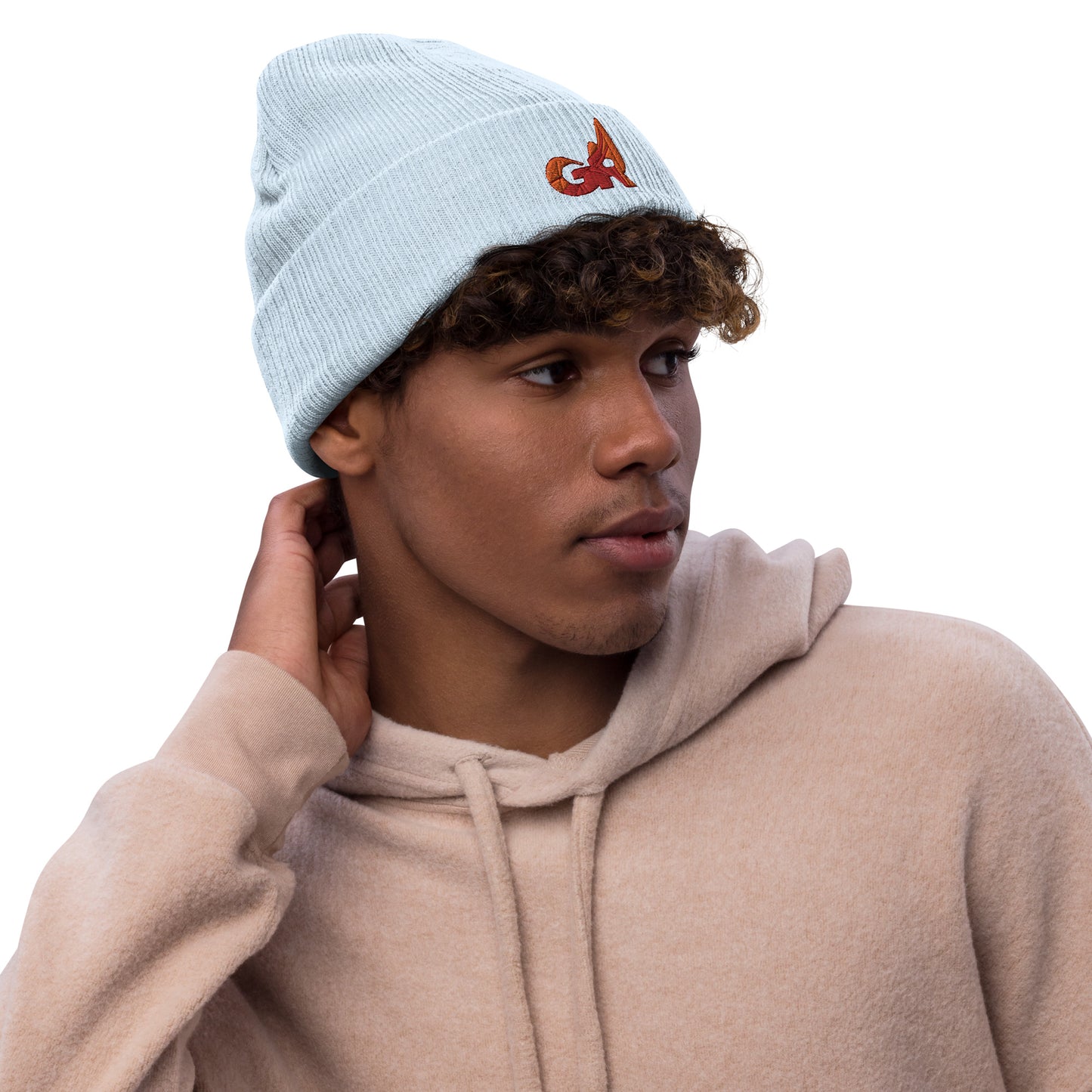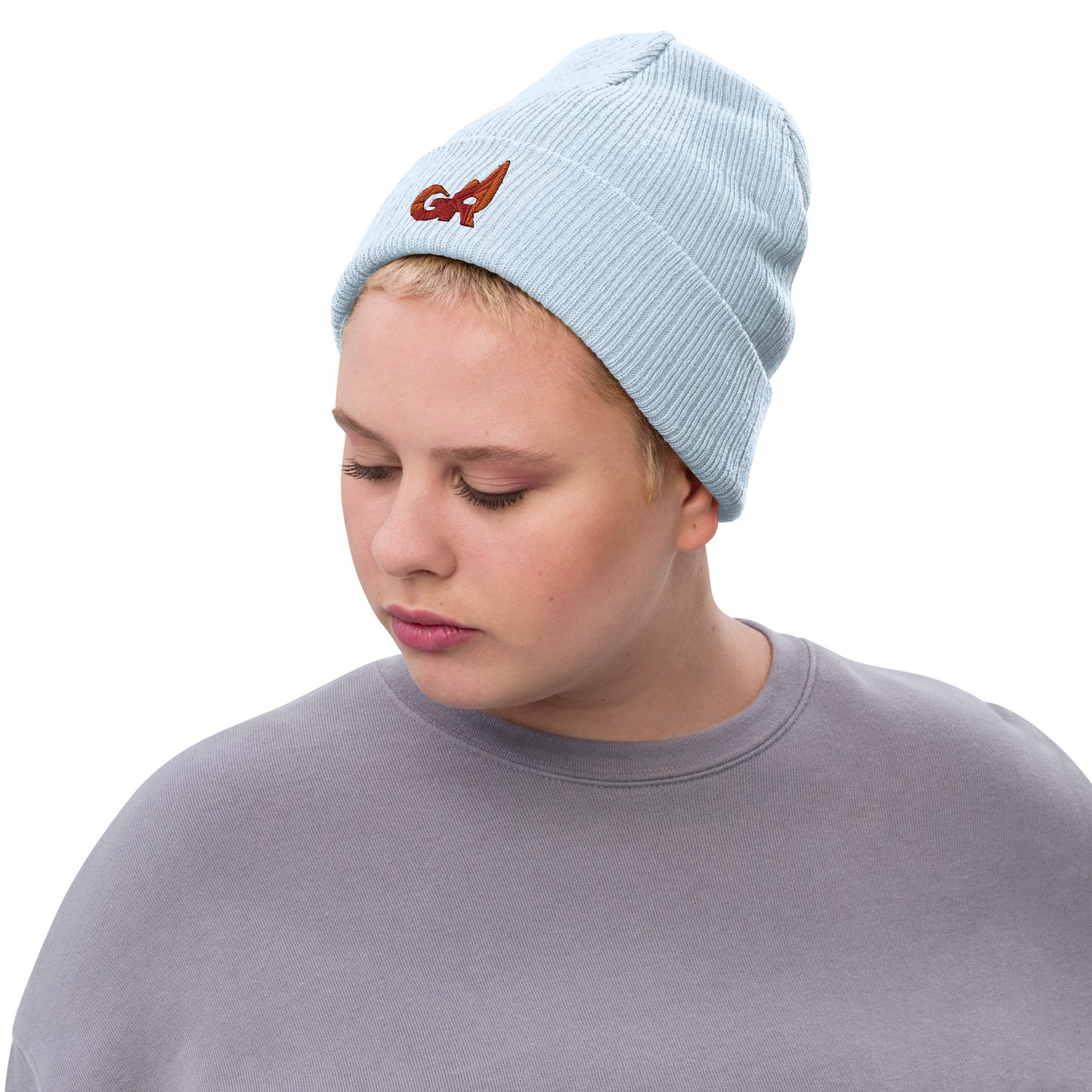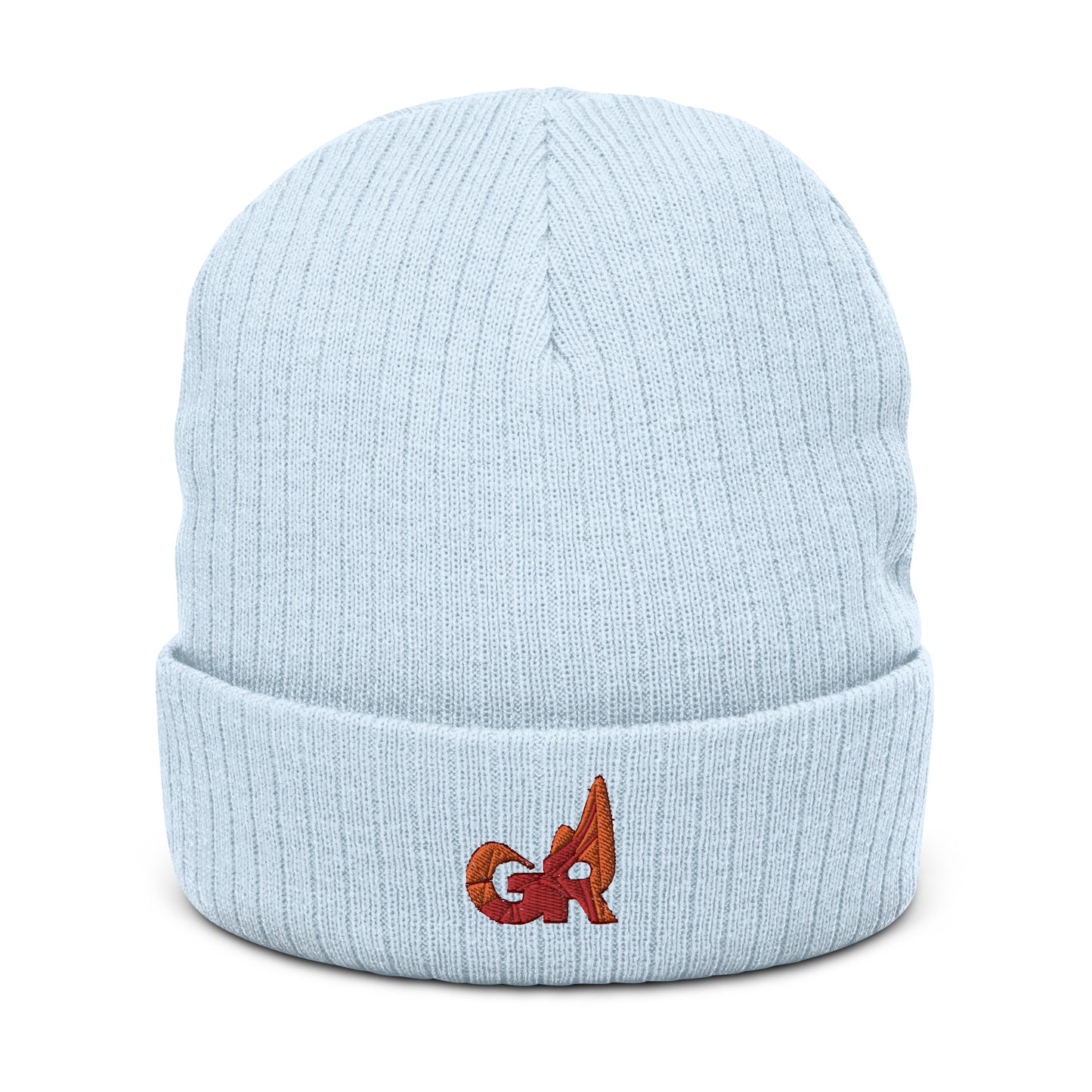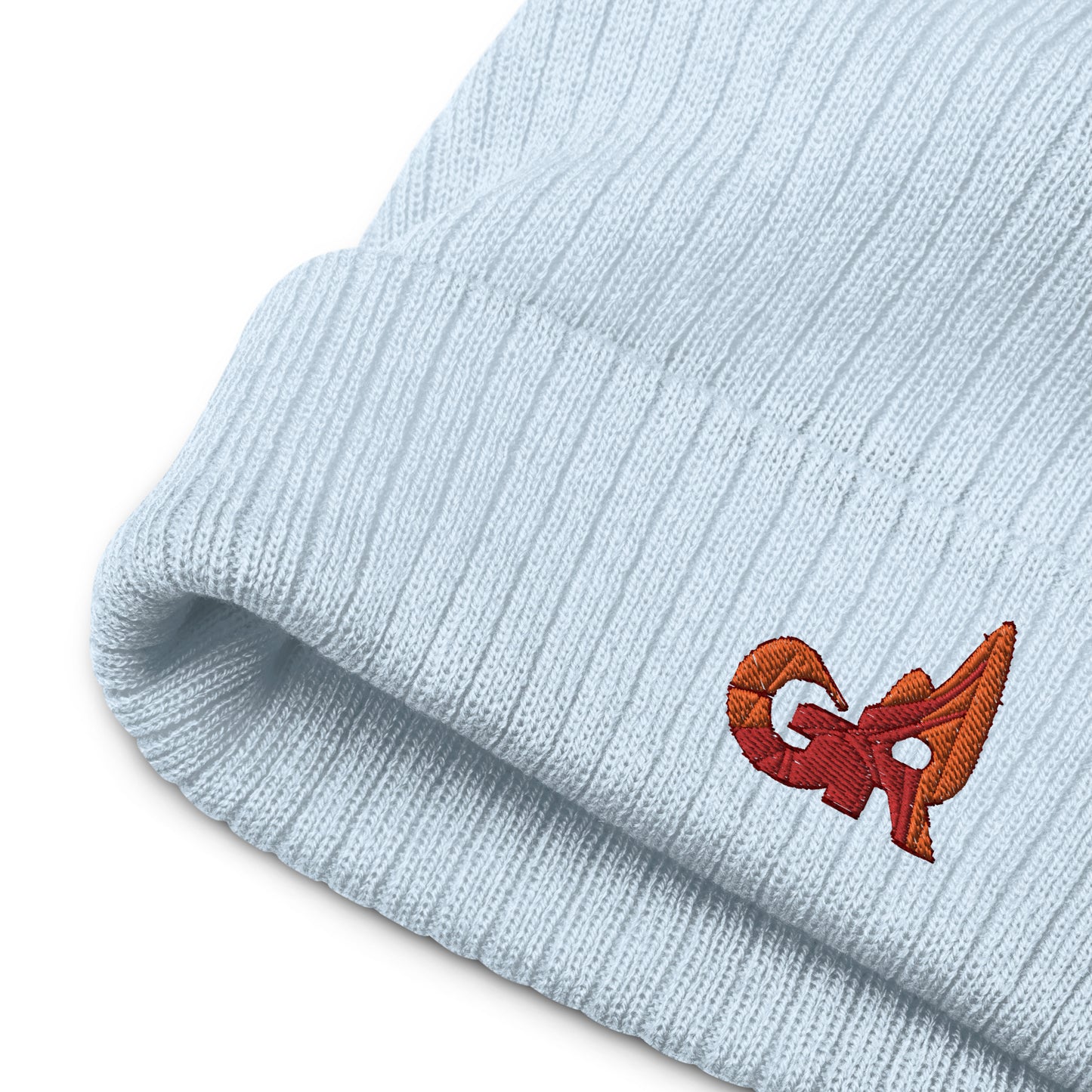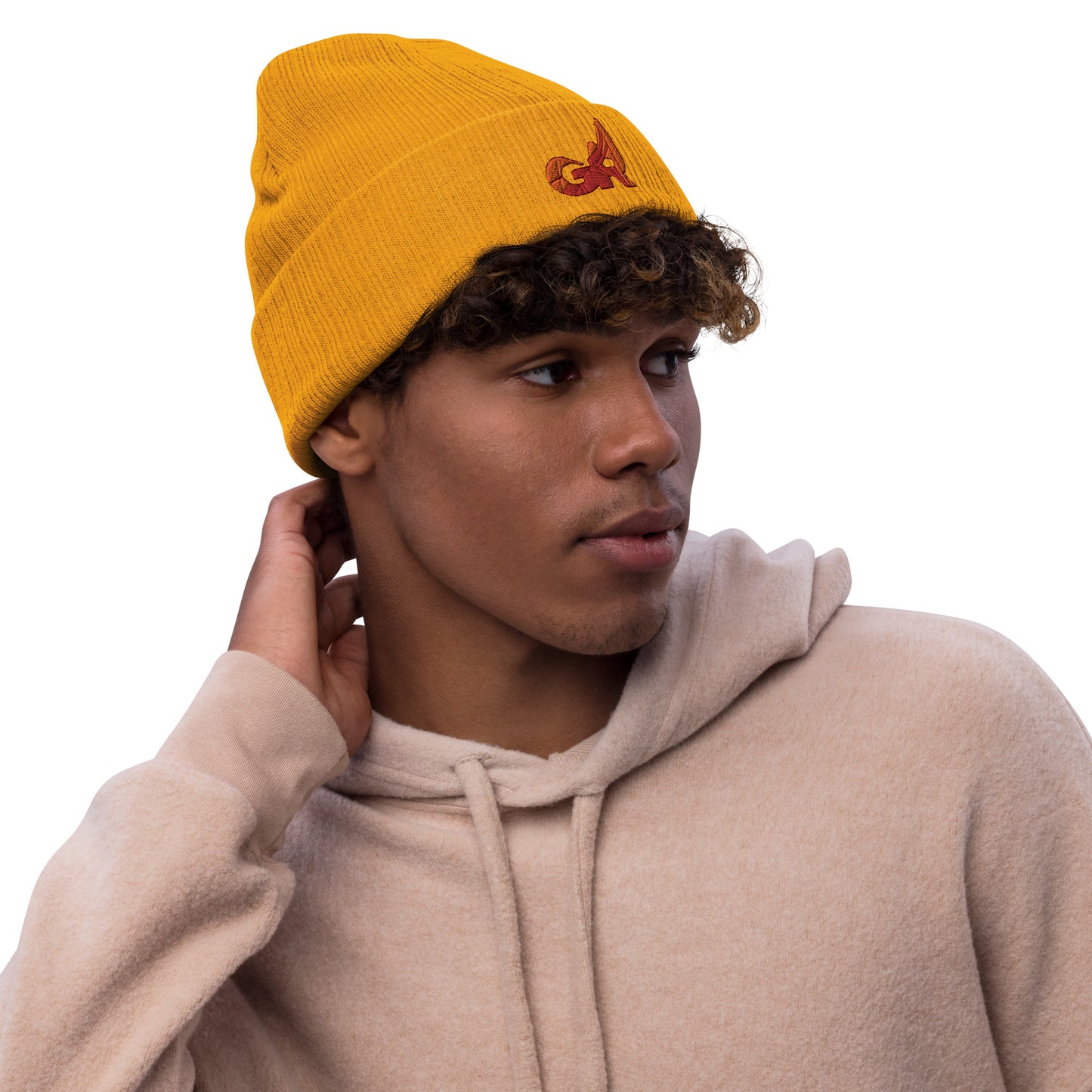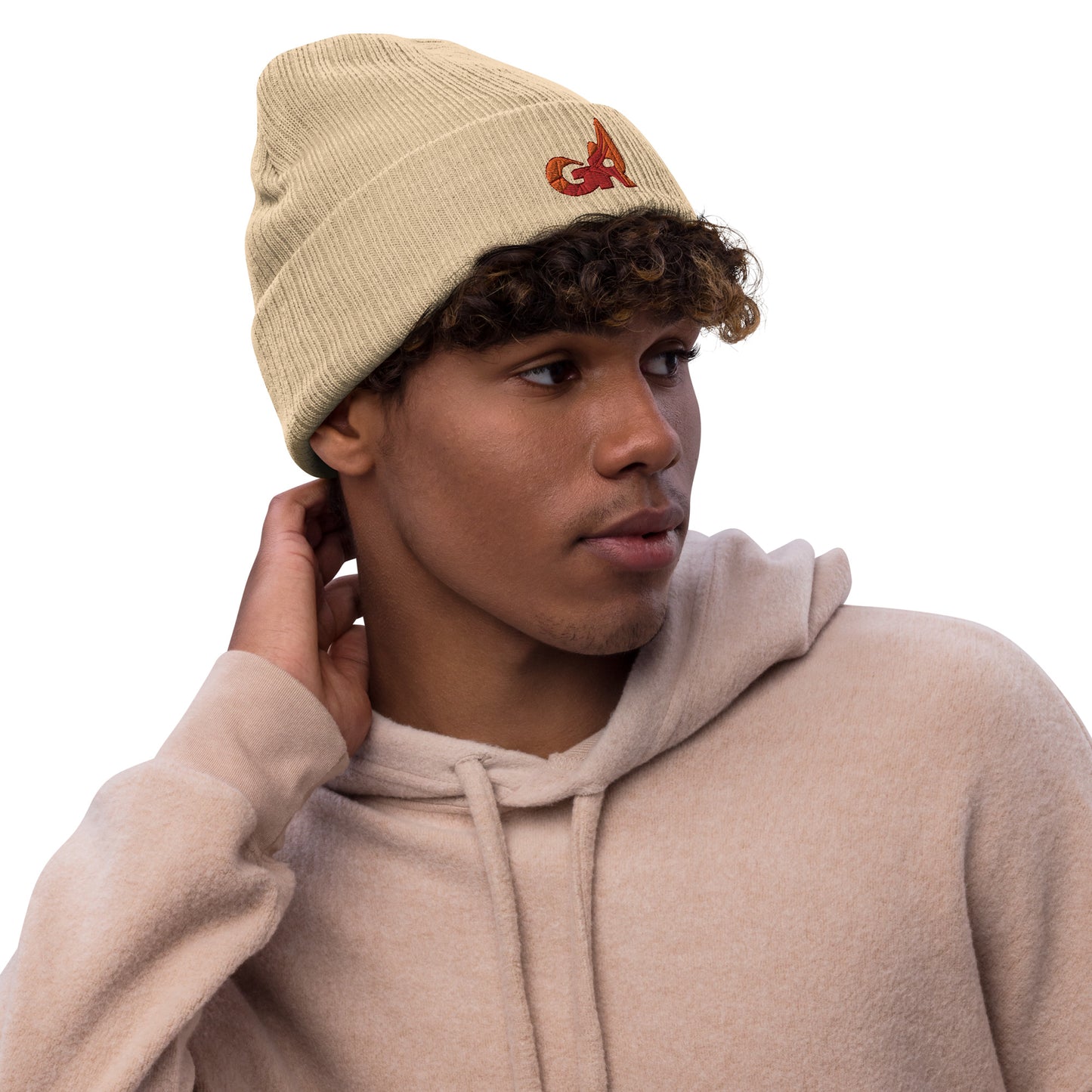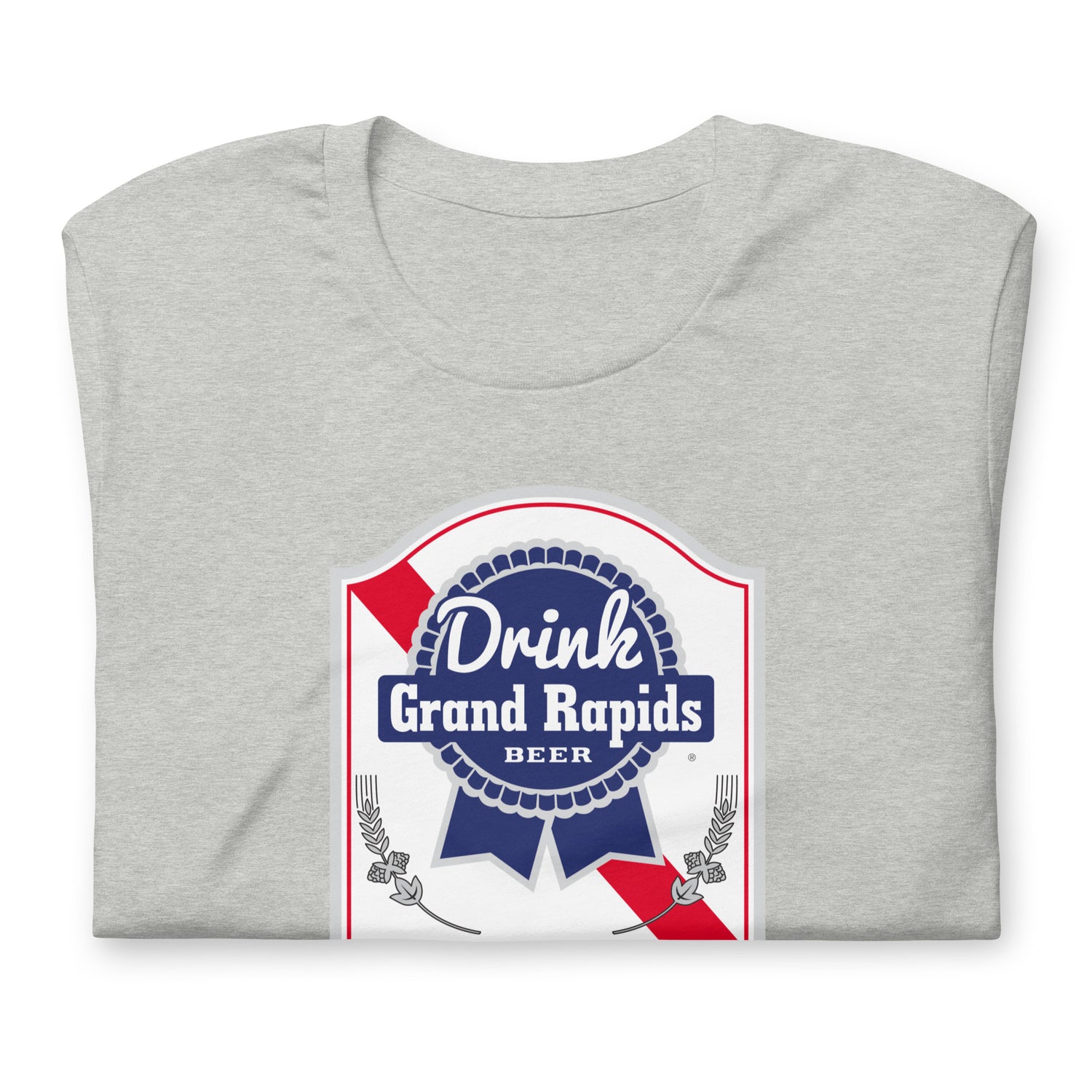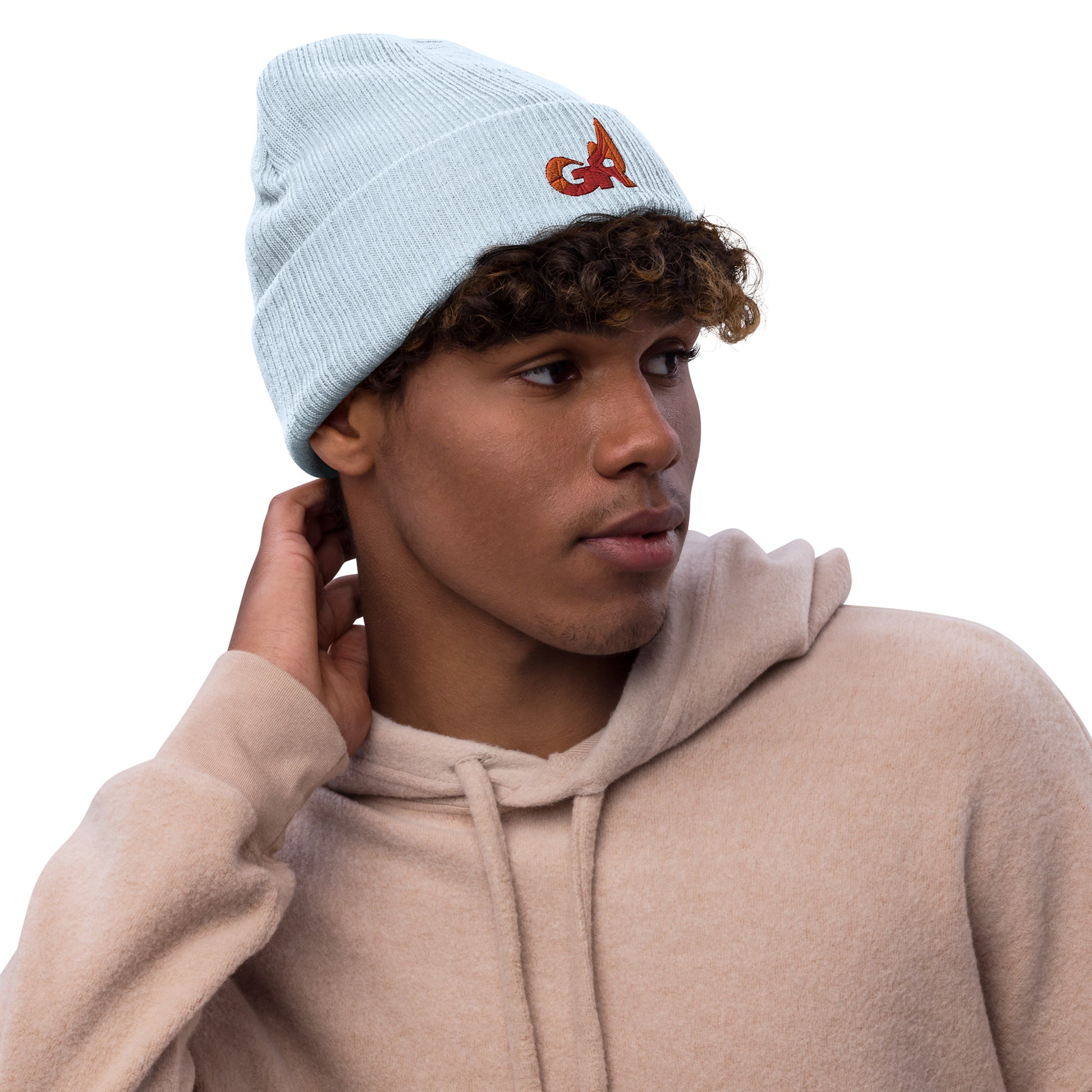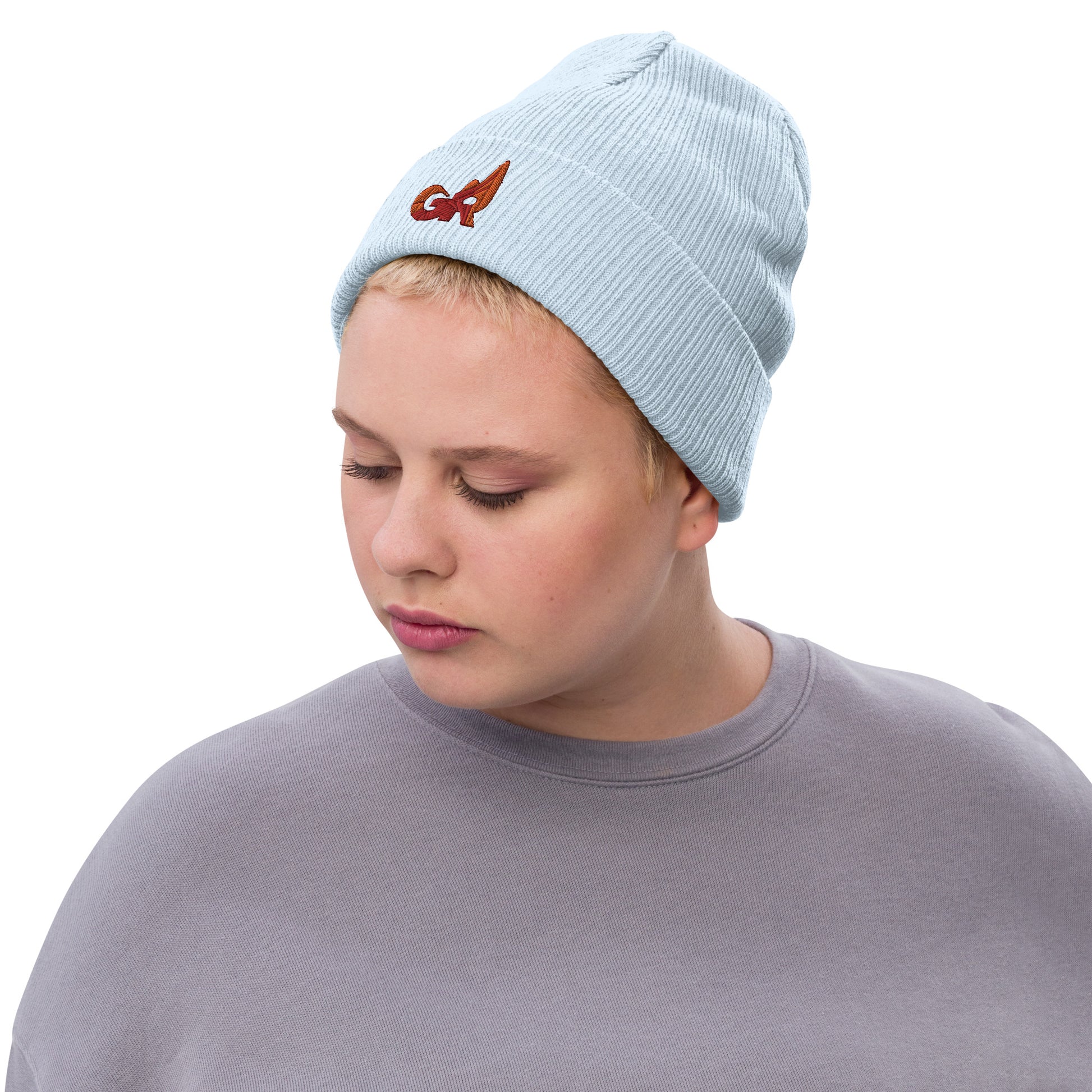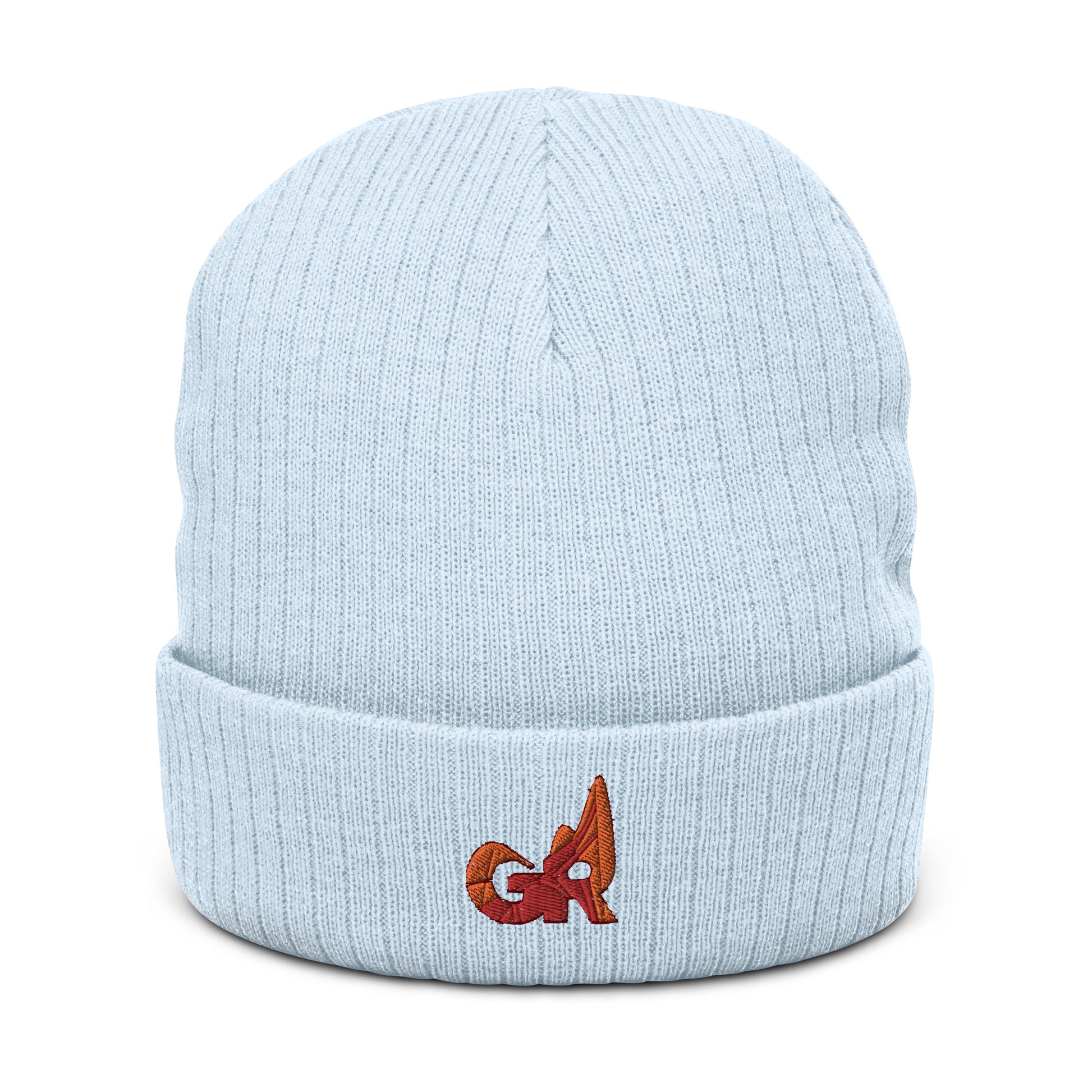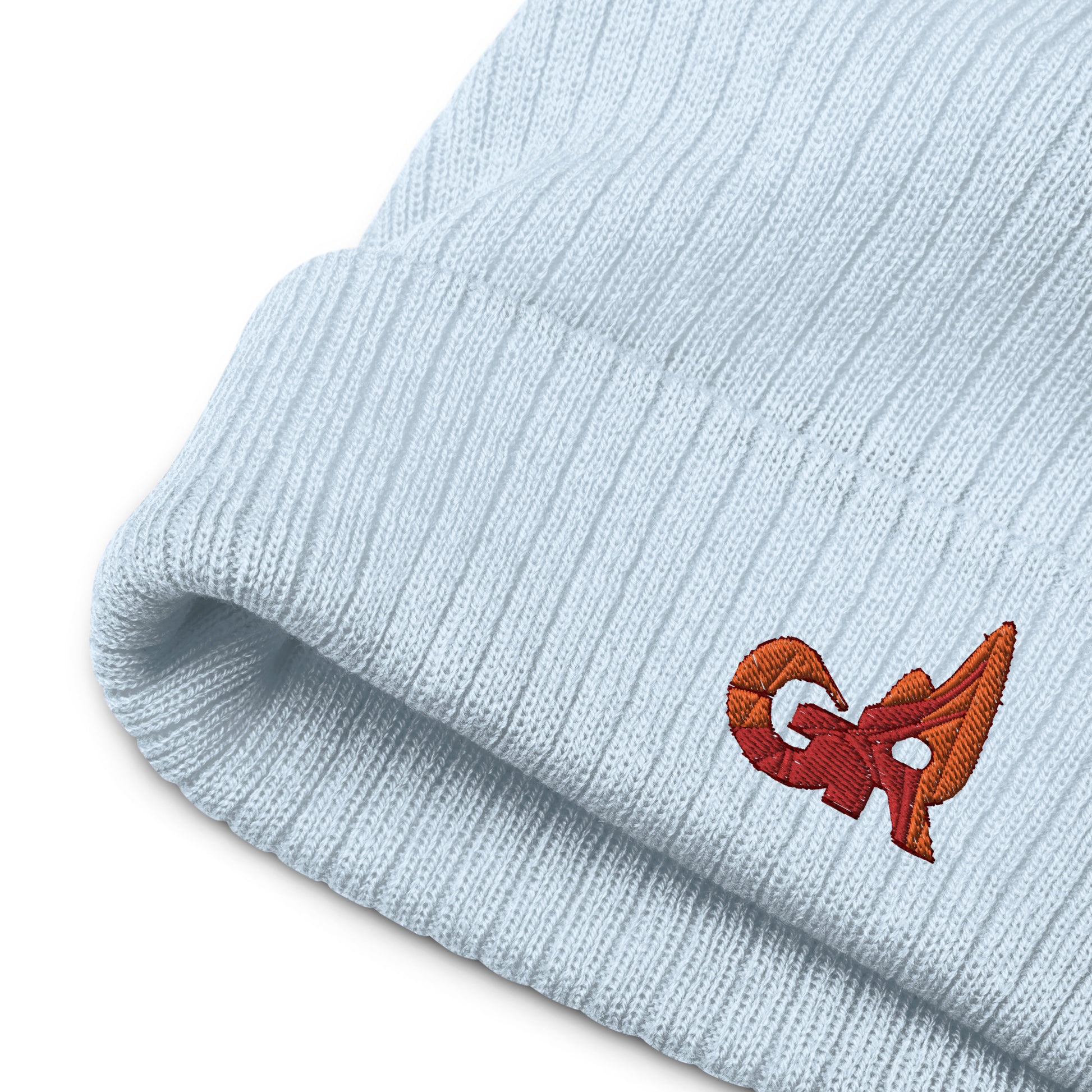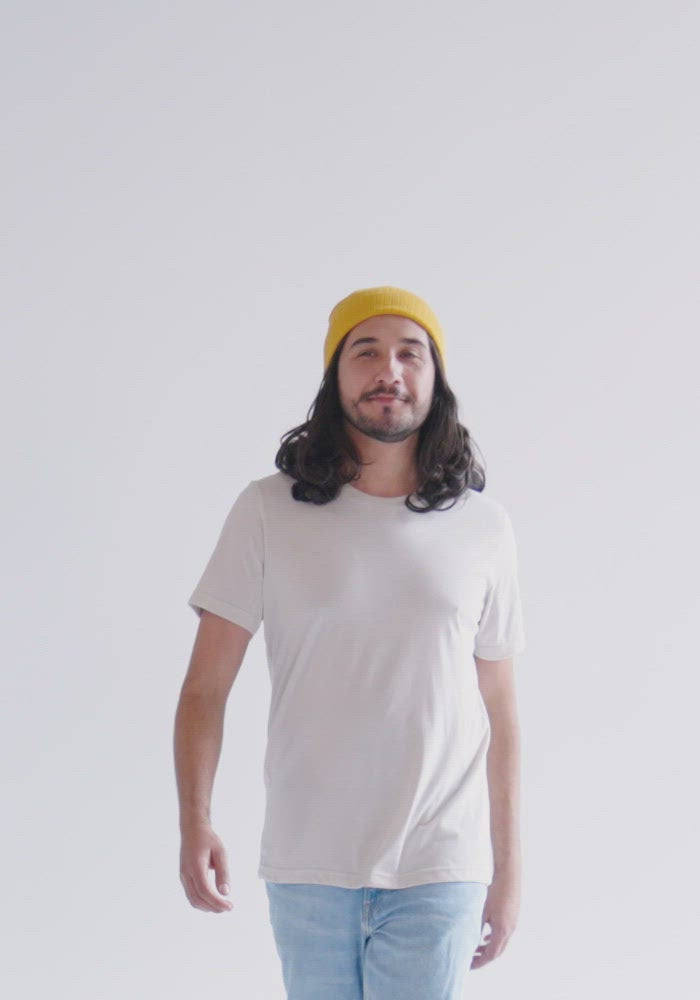1
/
of
5
G.R. Ribbed Beanie
G.R. Ribbed Beanie
Regular price
$24.00 USD
Regular price
Sale price
$24.00 USD
Unit price
/
per
Look snatched wherever you go. A recycled cuffed beanie will sure pass any vibe check.
- 50% recycled polyester and 50% acrylic
- Double layer knit
- Cuffed beanie
- 8.27″ (21 cm) in length
- Blank product sourced from China
Size guide
| A | B | C | D | |
| One Size (inches) | 17 ¾-25 ¼ | 8 ¼ | 2 ¾ | 7 ½ |
Couldn't load pickup availability
Additional Features
Additional Features
Share
